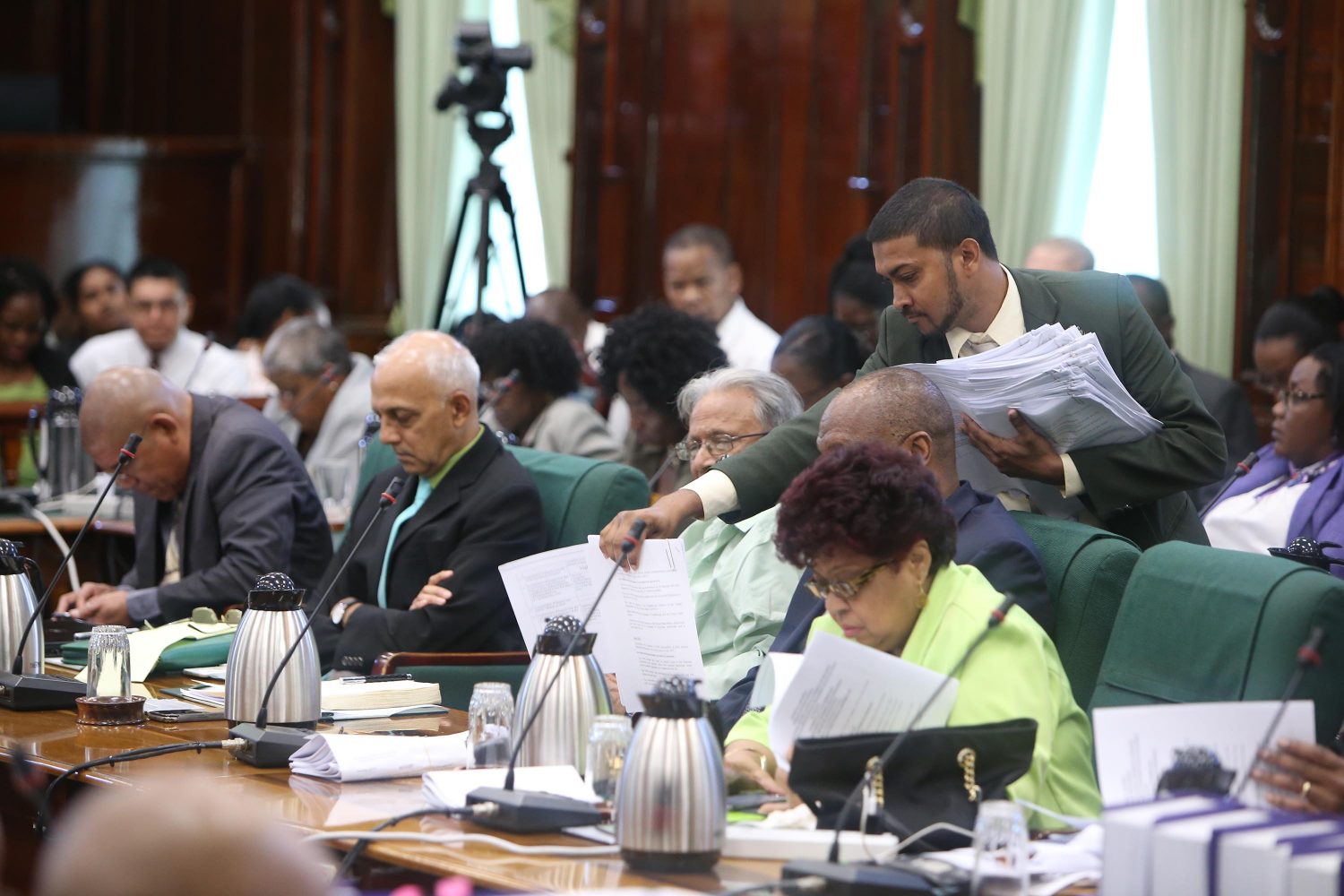Against the backdrop of longstanding concerns over a dire shortage of job opportunities in hinterland communities, government has disclosed plans in the 2018 budgetary proposals for a $200 million investment in the Hinterland Green Enterprise Development Centre at Bina Hill in Region Nine which, according to Finance Minister Winston Jordan, seeks to focus on areas of training “that leverages indigenous and traditional knowledge and drives upstream demand for local products and services.”
The disclosure in Jordan’s 2018 budget presentation of what he describes as a “flagship initiative” comes against the backdrop of a growing clamour for the creation of job opportunities for residents of hinterland communities that go beyond their reliance on the production and sale of traditional craft and small scale agriculture.
The curriculum at the new training facility, which is expected to serve 120 trainees from regions One, Seven, Eight, Nine and Ten, will also afford opportunities for beneficiaries of the training to further refine existing skills which have long been realizing steady even if modest coastal markets. An initial amount of $79 million will be available to commence construction of the training complex.
Government’s plans for creating employment opportunities in hinterland communities, Jordan said in his budget presentation, also include a ground coffee farming, processing and packaging facility at Santa Rosa which is expected to create employment for around 20 farmers and 5 agro processors. Other hinterland communities including Imbotero, Smith Creek and Aruka are expected to be afforded employment opportunities through the establishment of a fish and crab meat processing facility within the Imbotero community.
With charges of official indifference to the material well-being of hinterland communities having been leveled at successive political administrations, over time, the commitments made in the 2018 budget will be closely monitored with a view to determining the extent to which they are kept. Hinterland farmers, craft and food producers, for example, will be keen to see whether the commitments to job-creation made in next year’s budget will be focused on ensuring that larger volumes of product, including farm produce, originating in hinterland communities, will find their way to markets in the city at transportation costs that allow for competitiveness. Over the years, hinterland vendors attending the annual GuyExpo have bemoaned the high cost of moving their goods from hinterland locations to Georgetown.
Government, meanwhile, has disclosed in its 2018 budget that it proposes to establish an agro-processing facility at Kwebana, though no time line is provided for the creation of the facility. Its aim, the budget presentation says, is to create “a sustainable village economy through the production of cassava and wheat flour mixture targeted at local markets” and which will benefit 48 farmers. The 2018 budget also commits government to the creation of an agricultural investment fund which it says will support farmers in the growth of traditional and non-traditional crops.
Jordan said in his budget presentation, meanwhile, that hinterland communities can anticipate “over $200 million to support services to hinterland communities” on top of “presidential grants, support to eco-tourism and cultural projects, the upgrading of farm to market roads and the provision of all-terrain vehicles, boats and outboard engines for village development.”





